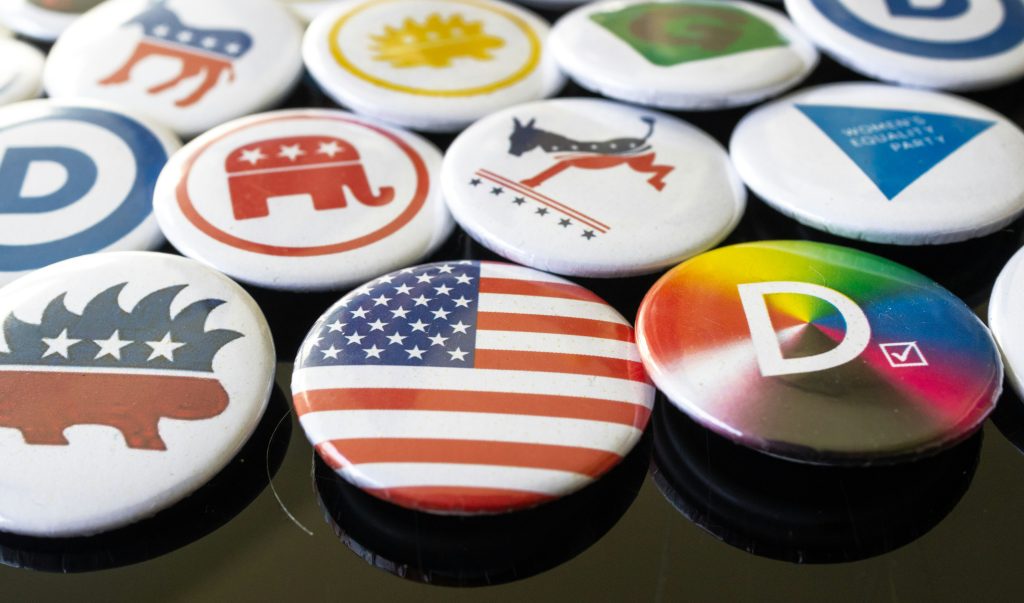In a politically charged environment, Democratic U.S. Representative Ilhan Omar finds herself in a fierce battle for her political future as she approaches a pivotal primary election in Minnesota. Having narrowly escaped defeat two years ago, Omar’s current challenge comes from Don Samuels, a familiar opponent who nearly unseated her with a margin of just 2,500 votes. This election, however, is set against the backdrop of escalating tensions surrounding the Gaza conflict, which has sharply divided opinions among voters and fellow Democrats alike.
Omar, a prominent member of the progressive ‘Squad’, has consistently been a vocal advocate for various social justice issues, yet her unapologetic stance on foreign policy, particularly concerning Israel, has earned her both staunch support and fierce opposition. Pro-Israel donors have mobilized significant financial resources to back Samuels, highlighting the increasingly contentious nature of her campaign.
As the primary date approaches, many Democrats are watching closely, not just for the outcome but for what it signifies about the party’s internal dynamics. Omar’s close allies, who have also faced electoral challenges, serve as a cautionary tale for the congresswoman. The fear of losing further progressive voices in Congress looms large as Omar navigates this critical moment in her political career.
Voter sentiment is palpably affected by the recent developments in Gaza, prompting many to reevaluate their positions and candidates. Omar’s ability to resonate with her constituents amidst this turbulence will be key to her survival in the primaries. The election is not merely a reflection of Omar’s individual campaign but also a litmus test for the future direction of the Democratic Party and its commitment to progressive values.
As polling day draws closer, both Omar and Samuels are ramping up their campaigns, engaging with voters and addressing the pressing issues that matter most to their constituents. The race has become emblematic of the larger ideological battles within the Democratic Party, with Omar representing a more progressive wing that is increasingly at odds with centrist factions.
With so much at stake, the outcome of this primary could have lasting implications, not only for Omar’s future but for the broader spectrum of political representation within the Democratic Party. Voters are faced with a critical decision that could redefine their local and national political landscape. As they head to the polls, the question remains: will they choose to uphold the progressive mantle that Omar embodies, or will they opt for a shift towards more centrist views represented by her challenger? The results will undoubtedly resonate beyond Minnesota, providing insights into the party’s future direction as the nation approaches the next general elections.

